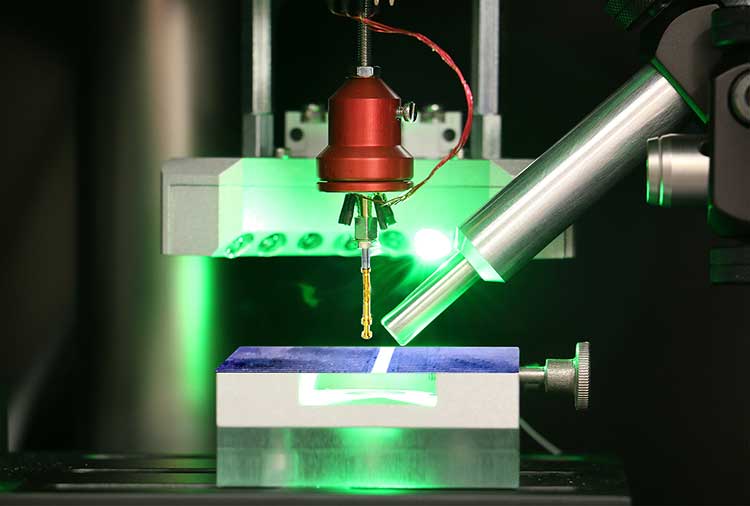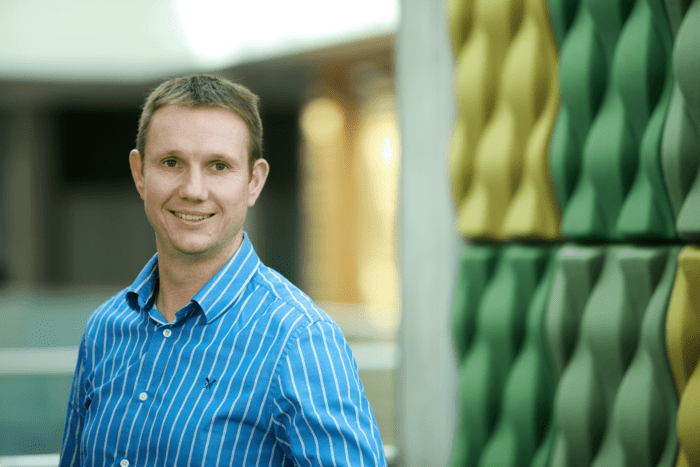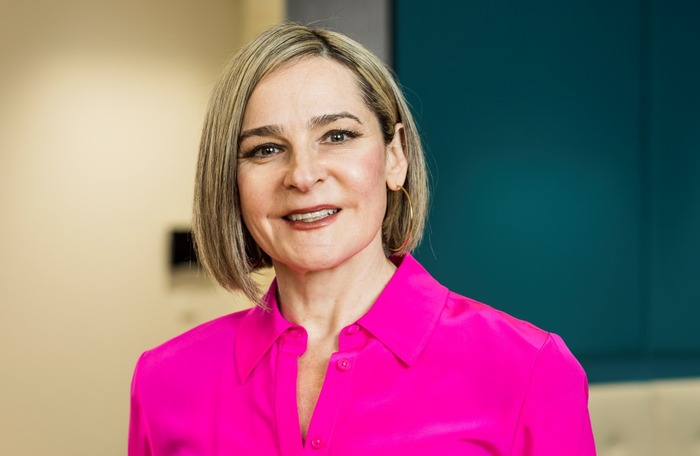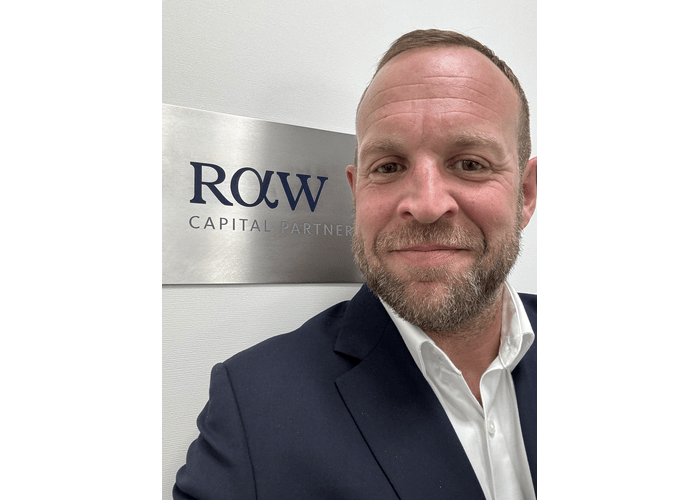By Professor Iain Baikie MBE, CEO of KP Technology Ltd
When you have developed a leading piece of technology with immense capabilities for a range of industries, it may seem like the biggest hurdle has been overcome. For a small company, however, and particularly one based in the Scottish
[adbutler zone_id=’297765′]
If, like us, some of your biggest prospective customers are embedded in the academic world, reaching them can be a daunting task. This is why it is essential that small companies take advantage of every opportunity around them to grow their network and subsequently, grow their commercial success.
At KP Technology, the company I founded almost 20 years ago, we have become world-leading manufacturers of instruments that detect the energy levels of materials – with our flagship products the Kelvin Probe and ambient pressure photoemission systems being non-destructive, powerful tools for analysing surfaces. We service over 250 companies and research institutes around the world, helping to solve many current challenges within solar power, perovskite, organic semiconductor, and corrosion research.
We became global industry frontrunners through a unique and strategic approach to R&D, exploring non-traditional routes for expanding our capabilities. For example, Industrial Fellowship schemes, such as that of the Royal Commission for the Exhibition of 1851, have been hugely advantageous in allowing our small organisation – of less than 10 staff – to gain access to extensive networks. The programme supports companies in taking on a PhD student to carry out research, paying half their salary and enabling access to a university partner.
I was introduced to the programme in 2016, through our researcher Susanna Challinger, who is carrying out her PhD here. Following an abstract request from the Scottish police authority about the capabilities of our instruments, we began to research into the forensic applications of Kelvin probes, such as taking fingerprints from metallic surfaces. This investigation has formed a major part of Susanna’s Industrial Fellowship project, exploring the use of our equipment in crime scenes.
The detailed but open-ended nature of the PhD project allowed us to expand into new areas of materials research, exploring new problems to solve in research fields to which we would otherwise not have had access. It had previously been difficult to maintain a thorough picture of the research landscape and understand where our instrumentation may be applied. Susanna’s participation in international conferences, collaborative work with researchers at her university, and academic networking resulted in new leads on potential commercial opportunities. We could truly expand beyond focused internal research projects, looking for problems that could be solved by developing the capabilities of our technology.
For example, following conversations that emerged from the research project, we expanded into the use of the Kelvin probe for examining diamonds. Prior to the Fellowship, the idea of using a Kelvin probe on diamond had never been explored but in fact, being a semiconductor, diamond is an excellent application for the instrument. The research has resulted in a major sale to the United States military, as we’ve built specialist equipment for them to research the potential of diamond as a semiconductor.
We also frontloaded the generous travel allowance provided by the Commission, taking the opportunity to attend international conferences and demonstrate our collaborative work. The well-known brand of the Royal Commission for the Exhibition of 1851 provides a prestigious platform for fellows to talk about the results they achieve and the companies they work with.
Susanna’s role in the field of materials research has allowed us to become more aware of the market, and a feeling for what it is researchers want. To understand the demands of the community, you need to interact with the researchers themselves. Consequently, over 100 academic studies are published per year using our products, primarily in high-impact scientific journals.
In the course of the Industrial Fellowship, we have been able to present at high-profile international conferences, and build a strong academic communication network, raising the profile of KP Technology and opening the doors to new commercial opportunities. We have won its third Queens Award for innovation, and had a turnover of over £1million last year.
Small companies have a wealth of opportunities available to them should they wish to focus on their R&D and reach new markets, and the Royal Commission for the Exhibition of 1851 was set up to enrich the UK’s science and technology industry through a range of schemes. SMEs can achieve rapid growth and commercial success utilising such programmes, proving that being located outside of the golden triangle – somewhere as remote as our town of Wick – does not place any limits on your success.
[yikes-mailchimp form=”2″ title=”1″ description=”1″]





